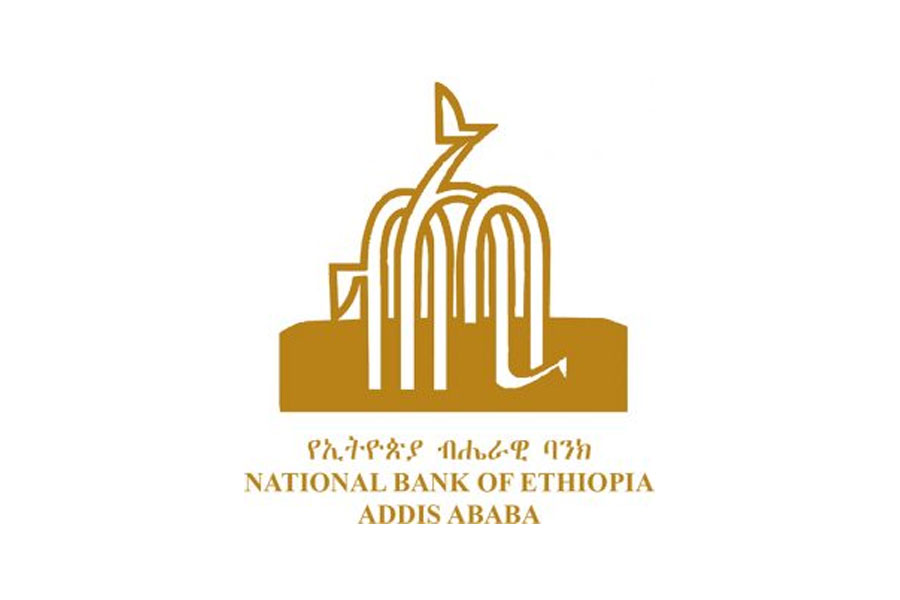
Radar | Apr 30,2022
Oct 20 , 2024
The banking sector is poised to take on a greater role in the larger economic playing field. By leveraging technological advancements, for instance, and by integrating sophisticated treasury management systems, they can improve cash flow and liquidity management, gain real-time visibility into financial positions, and enhance decision-making processes. In these trying times, the ability of banks to adapt and move forward will be the true test of their relevance and resilience, argues this commentary, whose author's identity we withheld upon request.
Ethiopia's transition to a floating exchange rate is a moment of profound opportunity for banks to modernise, innovate, and set the stage for a more dynamic and competitive financial environment.
However, the coming years will test bankers' resolve, creativity, and leadership. Those who rise to the challenge, embracing the uncertainties of the floating exchange rate system with a strategic and proactive approach, will no doubt go beyond securing their position in the market. They will contribute to the broader goal of economic stability and growth.
The shift to a floating exchange rate regime fundamentally transforms operational dynamics. It introduces new uncertainty in foreign and local currency liquidity, demanding the refinement of liquidity management practices. This includes bolstering foreign currency reserves, developing contingency funding plans, mobilising local currency resources, and ensuring optimal alignment between asset and liability maturities.
While potential long-term benefits include enhanced market efficiency and economic adaptability, the immediate consequences could be daunting. Some of these pressures are heightened exchange rate volatility, escalating inflationary pressures, and acute liquidity constraints.
Bankers should consider adopting a strategic approach rooted in strengthening risk management, rethinking product offerings, engaging the market proactively, enhancing export competitiveness, and boosting remittances.
Strengthening risk management is an understatement. Bankers should fortify their capacities to manage foreign exchange, credit, and liquidity risks to safeguard financial stability.
Credit risk management should be enhanced, as currency depreciation increases import costs, potentially compromising the creditworthiness of borrowers reliant on foreign inputs. Banks should improve their credit risk assessment frameworks to account for exchange rate fluctuations and their impact on borrowers' ability to service debt.
Foreign exchange risk management requires developing and deploying sophisticated hedging instruments such as forward contracts, options, and swaps. Although these tools are not yet fully available, collaboration with international financial institutions could facilitate access and prepare banks for future market developments. Bankers should reassess their foreign currency exposure limits and integrate dynamic risk assessment models that reflect new levels of volatility.
Bankers should implement real-time pricing models for foreign exchange transactions, allowing clients to execute trades at rates that reflect the prevailing market. Expanded trade finance solutions can include currency-linked loans, import financing with built-in hedging options, and structured trade finance products designed to protect clients from exchange rate risks. Investment products for foreign currency, such as foreign currency–denominated accounts and fixed deposits offering competitive returns, can attract and retain foreign currency deposits and investments.
Banks will assume the heavy burden of educating their clients on the implications of the floating exchange rate system and the tools available to manage associated risks. Tailored workshops, webinars, and personalised advisory sessions will help.
Competitiveness in the export sector will define the game to mobilise foreign exchange. Banks can support exporters by developing export financing products, including pre-and post-shipment financing. Supporting small and medium enterprises, often the bedrock of export growth, with tailored financial products and services, will be crucial. Partnering with government agencies and international financial institutions to offer export guarantees and insurance can protect exporters against political and commercial risks.
Banks should also develop remittance-linked products, such as foreign currency accounts and investment opportunities, offering competitive returns for remittance recipients. Streamlining remittance channels by reducing fees, offering attractive forex rates, and improving the speed and convenience of transfers can encourage using formal banking channels. Proactively engaging with the diaspora communities builds trust and encourages remittance flows.
Leveraging technological advancements, such as integrating sophisticated treasury management systems, is critical in managing the challenges posed by the floating exchange rate system. These systems help to improve cash flow and liquidity management, provide real-time visibility into financial positions, and improve decision-making processes.
PUBLISHED ON
Oct 20,2024 [ VOL
25 , NO
1277]

Radar | Apr 30,2022

Fortune News | Jun 08,2019

Fortune News | May 31,2025

Radar | Apr 09,2022

Fortune News | Oct 21,2023

Fortune News | Jan 01,2023

Sponsored Contents | Apr 04,2022

Radar | Apr 01,2024

Viewpoints | Mar 20,2021

My Opinion | Apr 30,2022

Photo Gallery | 170152 Views | May 06,2019

Photo Gallery | 160398 Views | Apr 26,2019

Photo Gallery | 150012 Views | Oct 06,2021

My Opinion | 136226 Views | Aug 14,2021





Dec 22 , 2024 . By TIZITA SHEWAFERAW
Charged with transforming colossal state-owned enterprises into modern and competitiv...

Aug 18 , 2024 . By AKSAH ITALO
Although predictable Yonas Zerihun's job in the ride-hailing service is not immune to...

Jul 28 , 2024 . By TIZITA SHEWAFERAW
Unhabitual, perhaps too many, Samuel Gebreyohannes, 38, used to occasionally enjoy a couple of beers at breakfast. However, he recently swit...

Jul 13 , 2024 . By AKSAH ITALO
Investors who rely on tractors, trucks, and field vehicles for commuting, transporting commodities, and f...

Oct 4 , 2025
Eyob Tekalegn (PhD) had been in the Governor's chair for only weeks when, on Septembe...

Sep 27 , 2025
Four years into an experiment with “shock therapy” in education, the national moo...

Sep 20 , 2025
Getachew Reda's return to the national stage was always going to stir attention. Once...

Sep 13 , 2025
At its launch in Nairobi two years ago, the Africa Climate Summit was billed as the f...

Oct 5 , 2025 . By NAHOM AYELE
In Meqelle, a name long associated with industrial grit and regional pride is undergo...

Oct 5 , 2025 . By BEZAWIT HULUAGER
The federal government is set to roll out a new "motor vehicle circulation tax" in th...

Oct 5 , 2025 . By NAHOM AYELE
The Bank of Abyssinia is wrestling with the loss of a prime plot of land once leased...

Oct 5 , 2025 . By BEZAWIT HULUAGER
The Customs Commission has introduced new tariffs on a wide range of imported goods i...